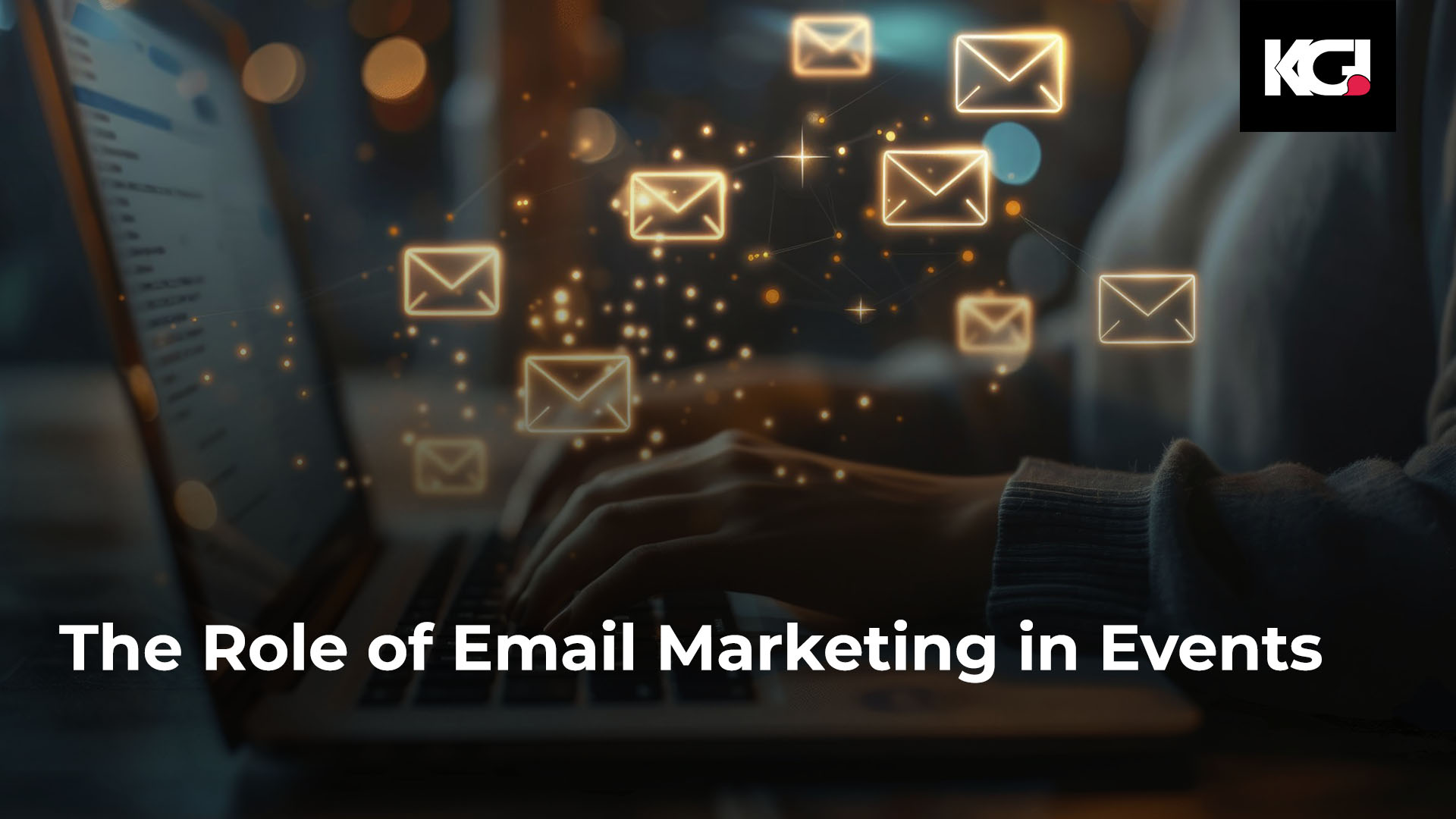Email marketing remains a powerful tool for event promotion, engagement, and follow-up. In a landscape where digital communication is paramount, leveraging email effectively can significantly enhance event success. Here’s how email marketing plays a crucial role in the lifecycle of an event:
Pre-Event Promotion
1. Building Awareness and Generating Interest:
Email marketing is instrumental in building awareness for upcoming events. By crafting compelling subject lines and content, you can capture the attention of your target audience and generate excitement. Personalized emails, tailored to specific segments of your mailing list, ensure that the message resonates with potential attendees. Early announcements, sneak peeks, and exclusive offers create anticipation and drive interest.
2. Registration and Ticket Sales:
Emails are a direct channel for driving registrations and ticket sales. By including clear calls-to-action and easy-to-use registration forms, you can streamline the sign-up process and boost conversions. Automated reminder emails can also help reduce drop-offs and ensure that potential attendees complete their registration.
During the Event
1. Engagement and Interaction:
During the event, email marketing can keep attendees informed and engaged. Send real-time updates, schedule changes, and important announcements to keep everyone in the loop. Interactive elements such as polls, surveys, or feedback requests can enhance attendee participation and satisfaction.
2. Providing Value:
Emails can be used to deliver valuable content during the event, such as session highlights, speaker bios, or exclusive behind-the-scenes content. This not only keeps attendees informed but also enhances their overall experience, making them more likely to engage with future events.
Post-Event Follow-Up
1. Appreciation and Feedback:
Post-event emails are essential for expressing gratitude to attendees and sponsors. A well-crafted thank-you message helps reinforce positive impressions and builds long-term relationships. Additionally, collecting feedback through surveys or follow-up emails provides valuable insights for improving future events and addressing any issues.
2. Content Sharing and Continued Engagement:
After the event, email marketing can be used to share key takeaways, session recordings, and other valuable content. This keeps the event’s momentum going and continues to engage attendees long after the event has concluded. Additionally, nurturing leads and maintaining engagement through regular updates and exclusive offers can help build a loyal community for future events.
Optimizing Email Marketing for Events
1. Segmentation and Personalization:
To maximize the impact of your email marketing efforts, segment your audience based on their interests, behaviours, and engagement history. Personalized emails that address specific needs and preferences are more likely to resonate and drive action.
2. Design and Automation:
Invest in well-designed, mobile-friendly email templates that reflect your event’s branding. Automation tools can help manage large-scale email campaigns efficiently, ensuring timely delivery of key messages and follow-ups.
3. Analytics and Optimization:
Utilize analytics to track open rates, click-through rates, and conversions. Analysing these metrics helps refine your email strategy, optimize content, and improve overall effectiveness.
In summary, email marketing is a vital component of event strategy, offering powerful opportunities for promotion, engagement, and follow-up. By effectively leveraging email marketing, you can enhance the overall success of your events, build lasting relationships with attendees, and drive future engagement.


